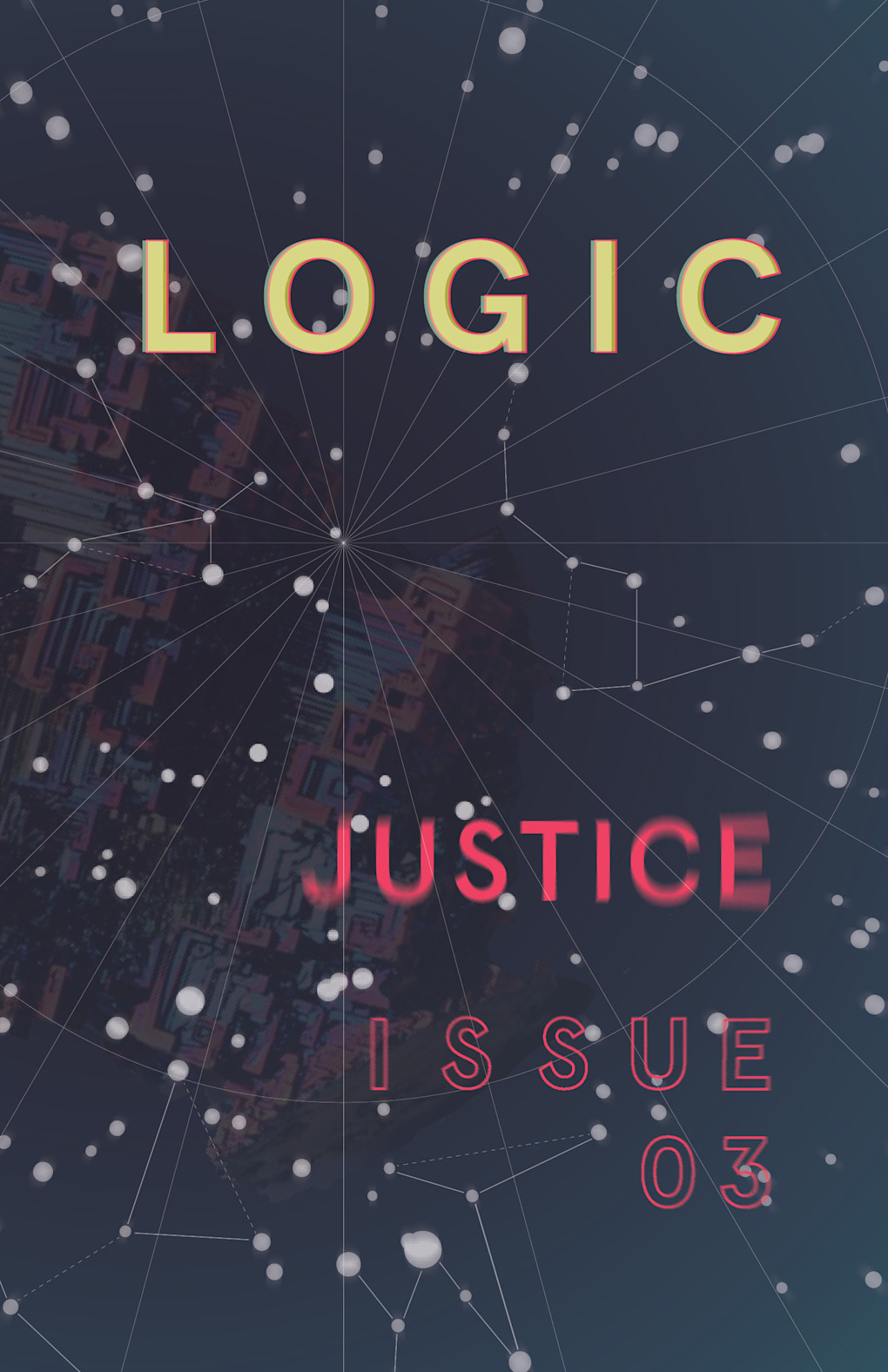Justice
Is technology making life better or worse? Whose lives is it making it better, and whose lives is it making worse?
How do the new tools we’re building shape the idea and practice of justice—criminal, social, environmental, and racial? And what does the tech industry mean when they say things like:
- Don’t be evil.
- Do the right thing.
- Make the world a better place.
Don’t Be Evil: Fred Turner on Utopias, Frontiers, and Brogrammers
A conversation about making the world a better place.
Engine Failure: Safiya Umoja Noble and Sarah T. Roberts on the Problems of Platform Capitalism
An exchange about how Silicon Valley organizes information to maximize profit—and what a better model might be.
Teaching Technology: Tressie McMillan Cottom on Coding Schools and the Sociology of Social Media
A sociologist explains how to teach with technology, and how technology is taught.
Extreme Programming: Chris Schuhmacher on Coding in Prison
A former inmate discusses learning to code in San Quentin, and life since his release.
The New Sewer Socialists
A report on Chattanooga’s wildly successful experiment with municipal broadband, and the possibilities for a socialized internet.
Magic Bullets
A reflection on futuristic guns, and the fantasies they inspire among gun rights activists and gun control advocates alike.
Austerity is an Algorithm
What happens when austerity is automated by software? Horrible things.
Help Me or Soon I Will Die
A story about the people who want to escape connected technology, and the refuge they’ve built for themselves.
Hacking the Carceral State
An inquiry into prison technology, and the campaign to use tablets against mass incarceration.
Monkeywrenching the Machine
A handy guide to algorithmic resistance in the age of Big Data.
The Mistrials of Algorithmic Sentencing
An investigation into how technology is rewiring American courts.
Cartographers Without Borders
For certain indigenous communities, cartography is a weapon.
The World is a Prison
Electronic monitoring keeps people out of prison, while finding new ways to punish them.
White Code, Black Faces
White coders are embedding their own biases into facial recognition software—with catastrophic results for black people.
untitled (how to pronounce)
An installation about language, identification, and casualties from US drone attacks between 2004 and 2015 in the tribal region of North West Pakistan.
